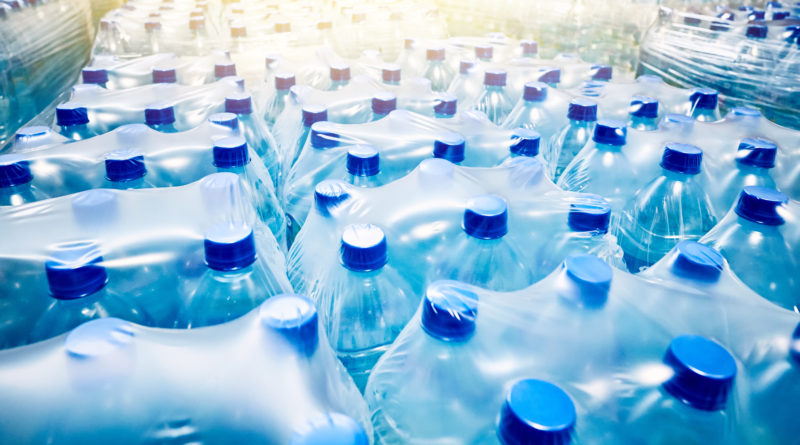How Much Water Should You Drink?
951 total views, 1 views today
For many people (but not all), water is easy to access. Although a simple trip to the kitchen sink can be enough to get a glass of water, health experts have often debated the amount of water per day that people should drink.
The answer to hold much water you should drink each day differs between experts; their reasoning stems from how differences in physical stature, environment, activity, weather, and other qualities affect people’s water needs. Although some people will require more water than others, the below guidelines are generally helpful for all people in deciding how much water to drink.
1. Don’t be too strict about the classic “eight by eight” rule
You’ve probably heard that you should drink eight 8-ounce glasses of water each day. However, some experts insist that proper water intake doesn’t need to strictly adhere to the eight by eight rule, because the volume of water intake it entails is quite large. That intake total, 64 ounces, is equivalent to half a gallon of water, or to compare this volume to food, equal to or more than the volume an average person eats every day.
2. Learn how certain factors can impact water intake needs
A person’s activity level, sex, age, and location can affect their water intake needs. For starters, the National Academies of Science, Engineering, and Medicine recommend different intake guidelines for men and women. Although men are recommended to take in 3.7 liters of water, for women, the recommendation is only 2.7 liters.
However, both 3.7 and 2.7 liters are volumes that far outnumber the 64 ounces of water that the eight by eight rule outlines. The difference in these numbers stems from the distinction between water intake and actually drinking water.
3. Distinguish drinking water from water intake
Drinking water is, of course, the fastest way to consume water. However, just as the body is comprised of between 50 to 75 percent water, most foods and drinks are similarly high in water content.
When the National Academies of Science, Engineering, and Medicine speak of water intake, they include the water content of other foods and drinks as well. By some estimates, the average person’s water intake is comprised of 20 percent food. A person who eats when they’re hungry and drinks water when they’re thirsty is thus likely to achieve the water intake volume optimal for them.
4. Know when to drink more water
Although proper eating and drinking are an important part of maintaining adequate water intake, there’s more than just good kitchen technique to staying hydrated. After any exercise, including a simple walk around the block, drinking a glass of water can be vital for rehydrating, because the body loses water to the atmosphere even when it doesn’t sweat.
Drinking water is essential in the face of dehydration symptoms, which can include dry mouth, fatigue, headache, decreased urination frequency, dizziness, and more. Dehydration can have serious health consequences if not treated quickly.
How much water do you drink a day? Sound off in the comments!

